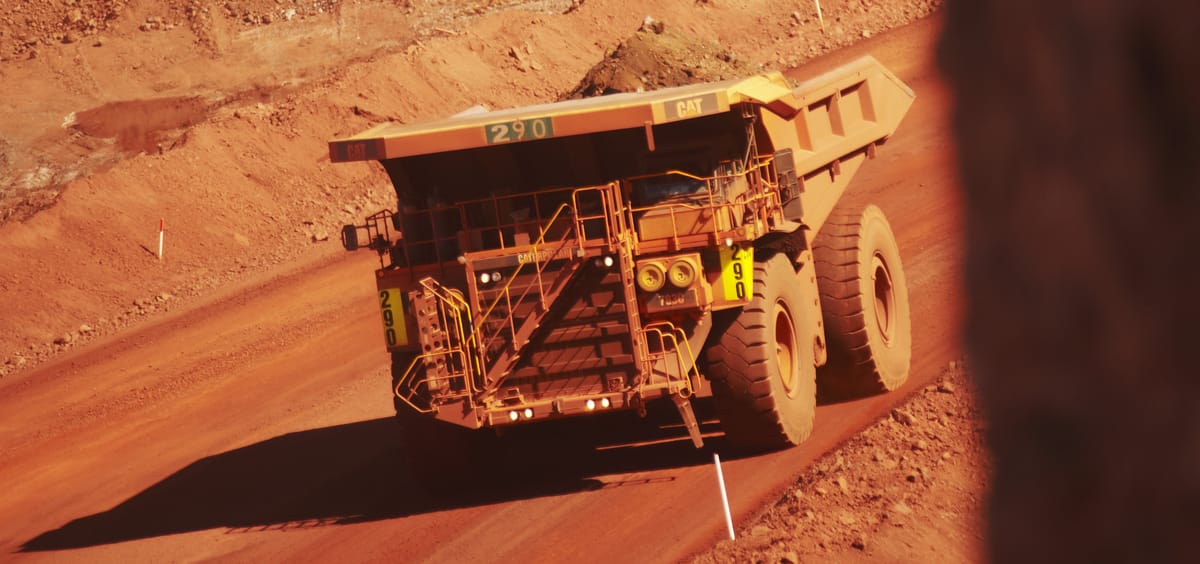🗡️ Who murdered the Murujuga rock art science?
Special Cluedo™️ edition 🔍 Was it Mr Cook or Prof Smith?
Australia's largest ironmaking electric smelting furnace will test technology that could secure the future of Australia's largest export.

Some of the biggest companies in WA have chosen Kwinana to build Australia's largest ironmaking electric smelting furnace to test technology that could secure the future of Australia's largest export.
Iron ore miners BHP and Rio Tinto and east coast steel maker Bluescope announced in February that they were working to find a site to show molten iron can be made from Pilbara ores using renewable power and direct reduced iron process technology.
Today, the venture - now badged NeoSmelt - revealed that Kwinana was the chosen site, and gas giant Woodside would join them as an equal partner and energy supplier.
Electric smelters are the most likely way that iron and steel can be made without coal to slash carbon pollution, but the low grade and high impurity levels of almost all Pilbara iron ore make it unsuitable for current smelters.
Making steel produces seven percent of the world's climate-heating carbon pollution and Australia may lose from the race to lower those emissions without new technology that can use its $100 billion of annual exports.
The venture's plan is to complete a pre-feasibility study in March 2025, make a final investment decision in 2026 and potentially commission the plant in 2028.

The WA Government will spend $75 million to help the project, including new infrastructure in the area.
BlueScope manages the project.
Its chief executive of Australia Tania Archibald said it leveraged its iron and steelmaking experience at the Port Kembla steelworks and its unique capability as the operator of the world’s only electric smelting furnace processing direct reduced iron, located in in New Zealand.
Woodside chief operating officer Australia Liz Westcott said the company supported NeoSmelt’s goal of exploring lower-emissions steelmaking pathways for Pilbara iron ores.
“Natural gas and hydrogen may enable emissions reductions in steelmaking," she said.
Last week a report on developing a green iron industry in the Pilbara concluded natural gas was a suitable transition pathway until clean hydrogen was available.
Woodside is studying building a blue hydrogen plant near the NeoSmelt site that would make hydrogen the conventional way - from gas and producing large amounts of carbon dioxide - but capture and bury much of the carbon pollution.
The NeoSmelt investment comes on top of Rio Tinto's announcement in July of a $215 million research effort based in Rockingham's industrial area to trial making iron with biomass and microwave energy instead of coal.
Today's announcement occurred opposite the BHP nickel refinery that was recently shuttered until at least 2027 as it could not compete with cheap Indonesian production.
Woodside's participation is subject to the finalisation of commercial arrangements.
All the info and a bit of comment on WA energy and climate every Friday